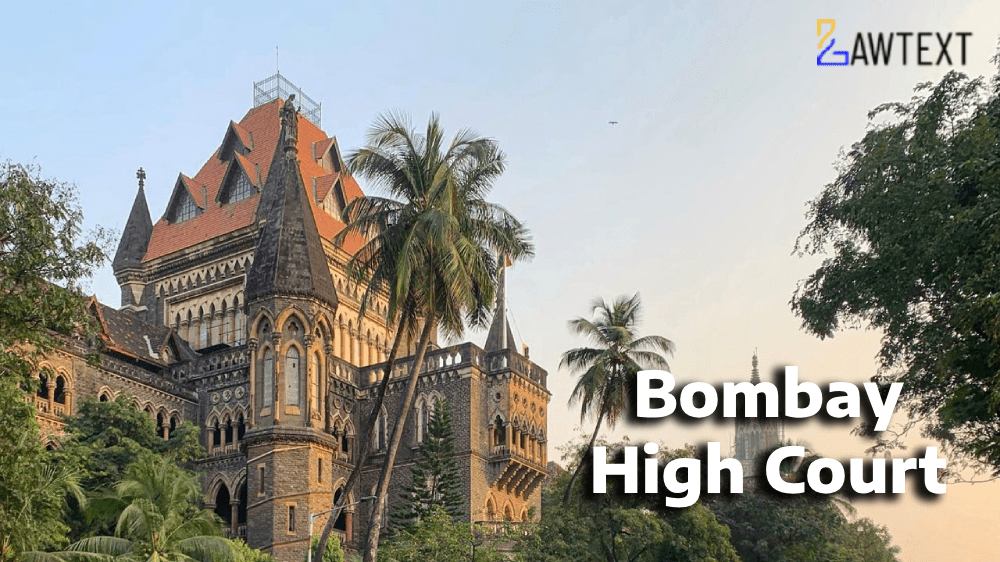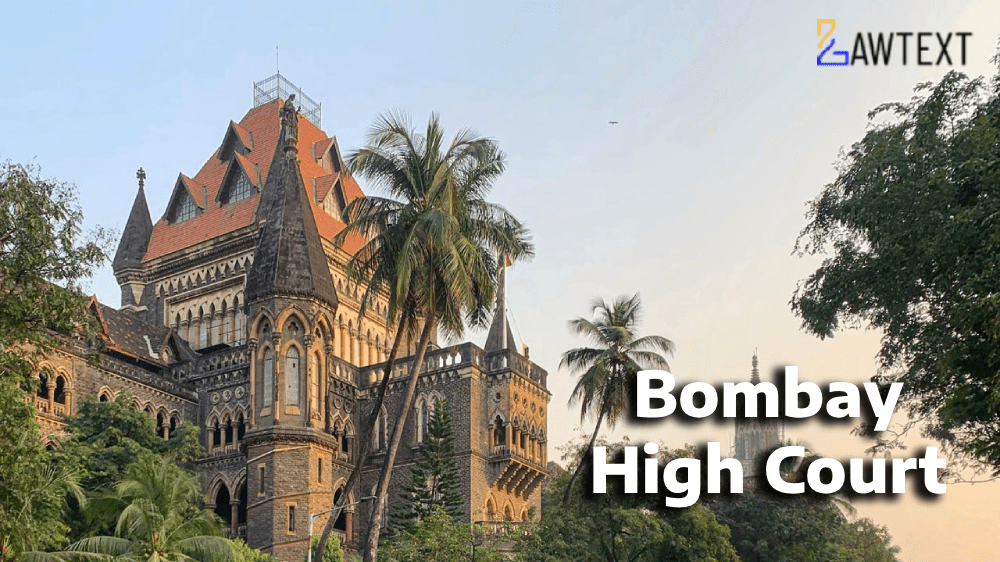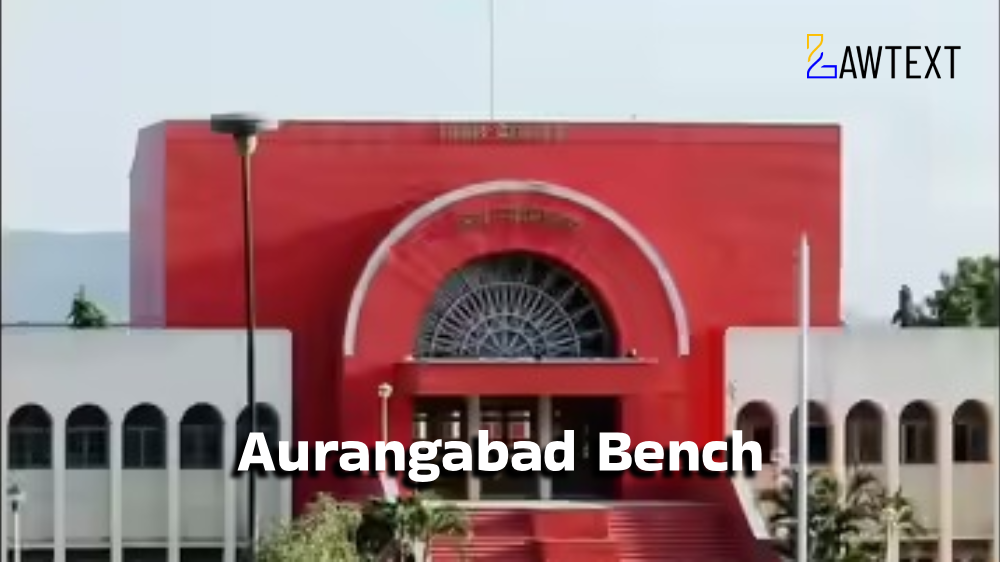Case Note & Summary
The petitioner has been in jail for over seven and a half years for offenses under the Indian Penal Code (IPC) and the Maharashtra Protection of Interests of Depositors (In Financial Establishments) Act, 1999 (MPID Act). He argues that his continued detention violates his right to life and liberty, as he has already served the maximum sentence possible for his charges. This summary outlines the case's background, the petitioner's and the prosecution's arguments, and relevant legal precedents.
Case Background:
Initial Arrest and Charges:
FIR No. 223 of 2016 was registered for offenses under Sections 406, 409, 420, and 120-B of the IPC. Investigation led to additional charges under Sections 3 and 4 of the MPID Act. The case is pending before the Addl. Sessions Judge, City Civil and Sessions Court, Greater Mumbai, with charges framed on 14th February 2023.Allegations:
Dr. Kedar N. Ganla, the informant, accused the petitioner of fraudulently collecting approximately Rs.9.65 crores from him and around Rs.35 crores from 19 other individuals through misleading financial schemes.Petitioner's Arguments for Bail:
Completion of Maximum Sentence: The petitioner has been incarcerated for a period longer than the maximum sentence for the offenses he is charged with. No Embargo on Bail: Unlike other stringent statutes (e.g., TADA, MCOCA, NDPS Act), the MPID Act does not impose strict conditions on bail. Right to Life and Liberty: Prolonged incarceration without trial is a violation of Article 21 of the Constitution (Right to Life and Liberty). Precedents: Several Supreme Court and Bombay High Court judgments support the petitioner's claim for bail based on long incarceration and right to speedy trial.Prosecution's Arguments Against Bail:
Non-Compliance with Bail Conditions: The petitioner failed to comply with the bail condition of depositing Rs.32,52,80,000/-, which led to his continued detention. Litigation History: The petitioner has repeatedly sought bail and modifications to bail conditions, all of which have been rejected by various courts, including the Supreme Court. Risk of Absconding and Tampering with Evidence: Given the serious nature of the allegations, the prosecution argues that the petitioner might abscond or tamper with evidence if released on bail.Legal Precedents and Jurisprudence:
Kartar Singh vs State of Punjab (1994): High Courts can exercise jurisdiction in granting bail under Article 226 of the Constitution in appropriate cases. Union of India vs K.A. Najeeb (2021): Statutory restrictions on bail do not override constitutional rights to life and liberty. Javed Gulam Nabi Shaikh vs State of Maharashtra (2024): Emphasized that bail is not to be withheld as punishment; the object is to ensure the accused's presence at trial. Hussainara Khatoon vs Home Secy., State of Bihar (1980): Highlighted the right to a speedy trial as integral to the right to life and liberty under Article 21.Court's Consideration:
The court acknowledged the petitioner's prolonged incarceration and the argument that his detention exceeds the maximum possible sentence. Balancing the petitioner's rights against the severity of the charges and the risk of absconding, the court reviewed precedents and legal principles related to bail and the right to a speedy trial.Conclusion: The court's decision hinges on the petitioner's prolonged detention and the constitutional mandate to ensure a speedy trial and uphold the right to life and liberty. The jurisprudence emphasizes that bail should not be withheld as a punishment and should aim to secure the accused's presence at trial while safeguarding constitutional rights.
Issue of Consideration: Kartik Mohan Prasad Versus State Of Maharashtra Ors.
Premium Content
The Issue of Consideration is only available to subscribed members.
Subscribe Now to access critical case issues








